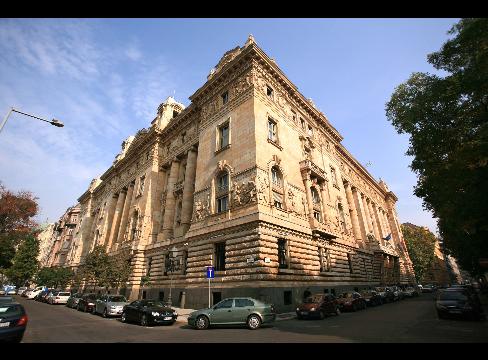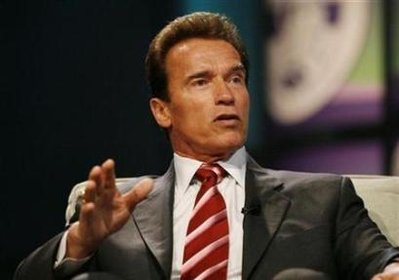The US bail-out amounts to a strings-free, public-funded windfall for big business. Welcome to no-risk capitalism
In the final days of the election many Republicans seem to have given up the fight for power. But don’t be fooled: that doesn’t mean they are relaxing. If you want to see real Republican elbow grease, check out the energy going into chucking great chunks of the $700bn bail-out out the door. At a recent Senate banking committee hearing, the Republican Bob Corker was fixated on this task, and with a clear deadline in mind: inauguration. “How much of it do you think may be actually spent by January 20 or so?” Corker asked Neel Kashkari, the 35-year-old former banker in charge of the bail-out.
When European colonialists realised that they had no choice but to hand over power to the indigenous citizens, they would often turn their attention to stripping the local treasury of its gold and grabbing valuable livestock. If they were really nasty, like the Portuguese in Mozambique in the mid-1970s, they poured concrete down the elevator shafts.
Nothing so barbaric for the Bush gang. Rather than open plunder, it prefers bureaucratic instruments, such as “distressed asset” auctions and the “equity purchase program”. But make no mistake: the goal is the same as it was for the defeated Portuguese – a final, frantic looting of the public wealth before they hand over the keys to the safe.
How else to make sense of the bizarre decisions that have governed the allocation of the bail-out money? When the Bush administration announced it would be injecting $250bn into US banks in exchange for equity, the plan was widely referred to as “partial nationalisation” – a radical measure required to get banks lending again. Henry Paulson, the treasury secretary, had seen the light, we were told, and was following the lead of Gordon Brown.
In fact, there has been no nationalisation, partial or otherwise. American taxpayers have gained no meaningful control over the banks, which is why the banks are free to spend the new money as they wish. At Morgan Stanley, it looks as if much of the windfall will cover this year’s bonuses. Citigroup has been hinting it will use its $25bn buying other banks, while John Thain, the chief executive of Merrill Lynch, told analysts: “At least for the next quarter, it’s just going to be a cushion.” The US government, meanwhile, is reduced to pleading with the banks that they at least spend a portion of the taxpayer windfall for loans – officially, the reason for the entire programme.
What, then, is the real purpose of the bail-out? My fear is this rush of dealmaking is something much more ambitious than a one-off gift to big business: that the Bush version of “partial nationalisation” is rigged to turn the US treasury into a bottomless cash machine for the banks for years to come. Remember, the main concern among the big market players, particularly banks, is not the lack of credit but their battered share prices. Investors have lost confidence in the honesty of the big financial players, and with good reason.
Read moreThe Bush gang’s parting gift: a final, frantic looting of public wealth


 There are fears contamination could be widespread throughout the food chain
There are fears contamination could be widespread throughout the food chain








